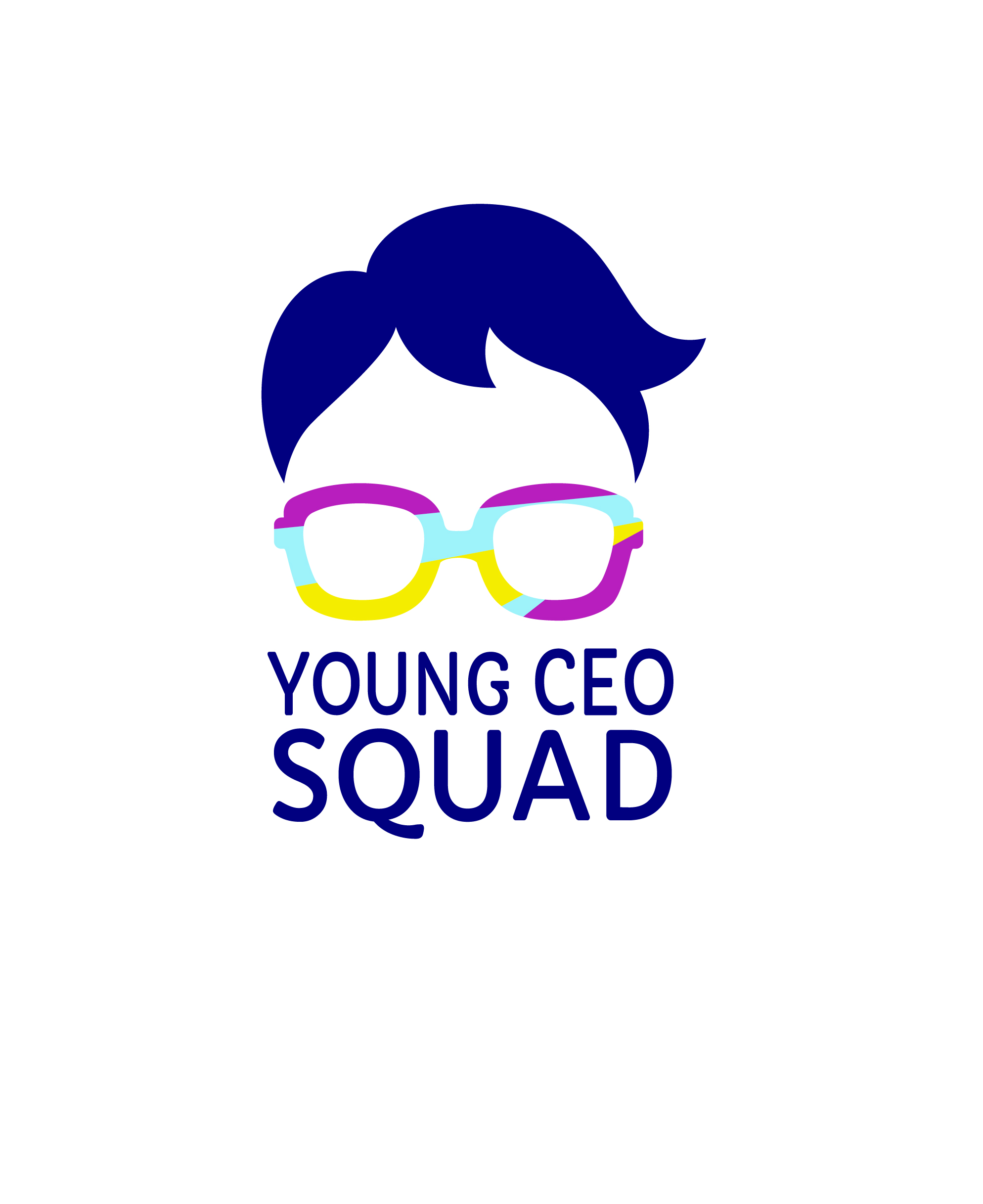From Classroom to CEO: How Primary Teachers Can Spark Real-World Entrepreneurship (Even If They’re Not Business Experts)
Entrepreneurship isn’t just for grownups in boardrooms—or even for teenagers tinkering with side hustles. It’s a life skill, and the best time to start is when kids are young, curious, and ready to experiment. That’s why bringing entrepreneurship into primary school classrooms is more than just a trend—it’s a game-changer for how students learn to think, solve problems, and see themselves as leaders.
But let’s be real: most teachers didn’t go to business school, and “launching a company” sounds intimidating. The good news? You don’t need to be a business expert to give your students a real CEO experience.
Why Entrepreneurship Belongs in Every Classroom
When kids get hands-on with entrepreneurship, they’re not just learning how to make money. They’re building confidence, resilience, and creativity. They learn to set goals, work as a team, bounce back from setbacks, and see opportunities where others see challenges. These are skills that last a lifetime—no matter what path your students take.
Making It Easy: Real-World, Ready-to-Go Kits
At Young CEO Squad, we believe entrepreneurship should be as accessible as a science experiment or a book report. That’s why we’ve designed business-in-a-box kits that make it easy for teachers (yes, even those with zero business background!) to guide students through launching and running a real business—right in the classroom.
Our kits come with everything you need:
- Step-by-step guides written in plain language for kids
- Ready-to-sell products (like mystery packs, reusable straws, or sticker kits)
- Worksheets and lesson plans aligned to classroom goals
- Tips for teaching financial literacy, marketing, and customer service
No extra prep, no jargon—just real-world learning, ready to go.
Turning the Classroom into a Launchpad
Here’s what it looks like in action:
- Students work in teams to brainstorm business ideas, design logos, and plan sales strategies.
- They set prices, create posters, and practice their sales pitch.
- On launch day, they sell their products, handle real money, and celebrate their success (or learn from what didn’t work—because that’s part of the journey!).
This isn’t just another project. It’s a confidence booster, a teamwork builder, and a spark for lifelong curiosity.
Teachers as Guides, Not Gurus
You don’t have to have all the answers. In fact, the magic happens when teachers become facilitators—encouraging risk-taking, modeling resilience, and celebrating every step (even the messy ones). Invite guest speakers, share real-world stories, and let students drive the process. The entrepreneurial mindset is about learning by doing, not memorizing business terms.
Beyond the Classroom: Building a Community of Young Innovators
Encourage students to take their ideas further—join entrepreneurship clubs, share their experiences at school events, or even compete in friendly business challenges. The goal isn’t just to build businesses; it’s to build confidence, creativity, and community.
The Takeaway
You don’t need a business degree to teach entrepreneurship. What you need is a willingness to say “let’s try it,” a toolkit that makes it easy, and a belief that every student has the potential to lead, innovate, and make a difference.
Ready to bring real-world entrepreneurship into your classroom? Young CEO Squad is here to help you every step of the way—no business background required.
——————
Article posted by:
Young CEO Squad | Elementary School Entrepreneurship Workshops-in-a-Box
https://www.youngceosquad.com/
United States
Empowering 200+ Classrooms with Hands-On Entrepreneurship Workshops
![]()
![]()
![]()
For more information on how to teach entrepreneurship contact us anytime.

